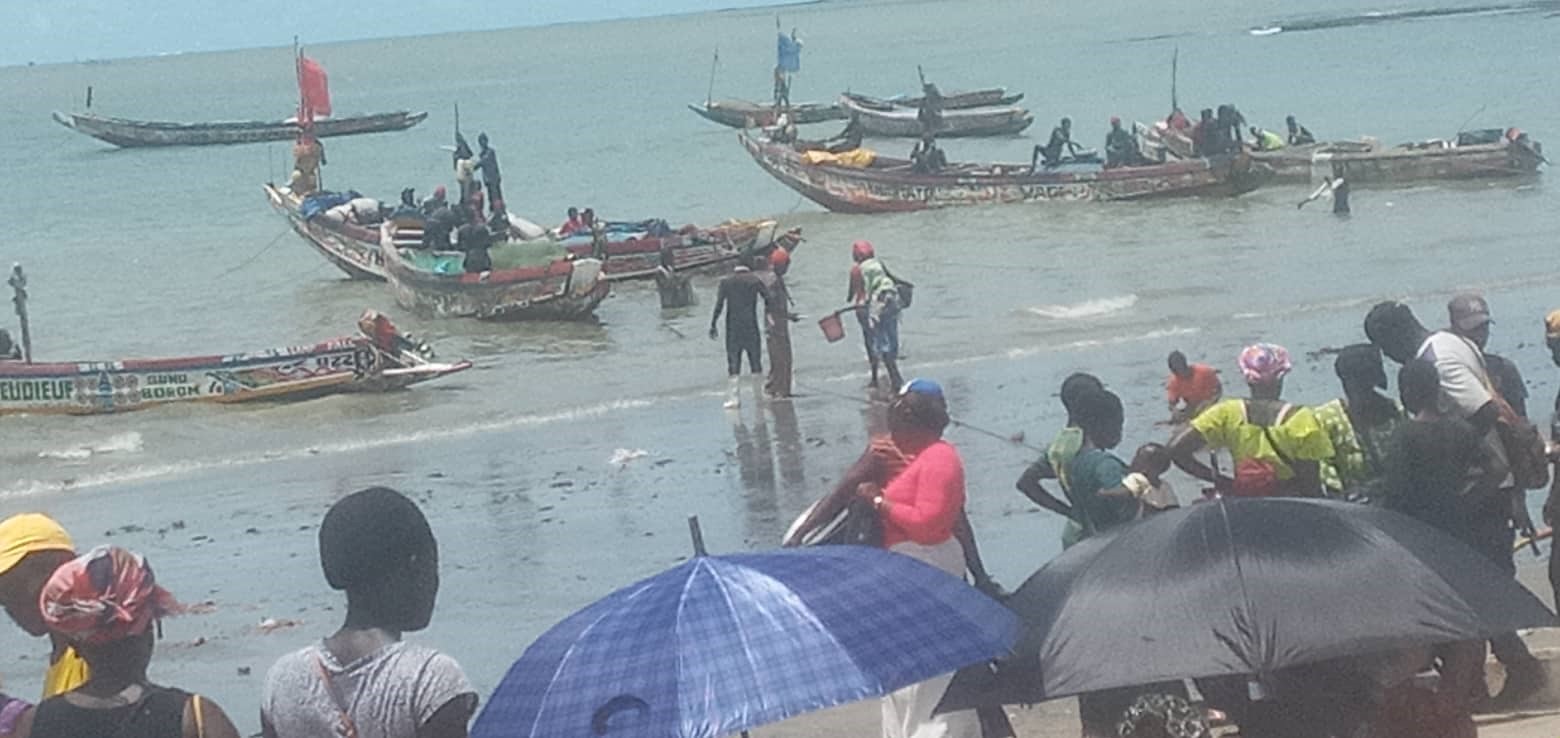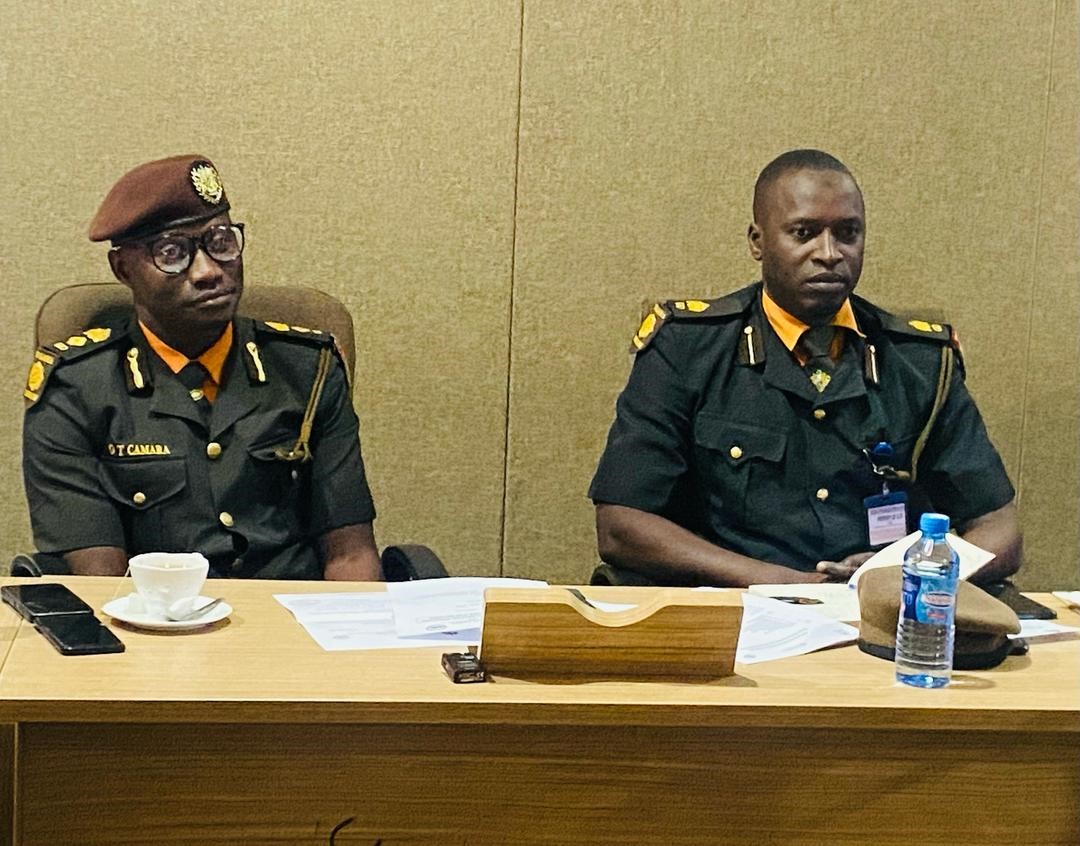By Kebba Ansu Manneh
Scores of fishery industrial workers have expressed their dissatisfaction and renewed calls to the Gambian government to immediately ban the operations of Semi-Industrial Fishing Vessels in the country, as they alleged that the operations of these Vessels in the territorial waters of the country are threatening the survival of the artisanal fishery industry.
They made this call at a day-long synergy organised by the Coalition of Small Pelagic in collaboration with the West African Association for the Development of Artisanal Fisheries (WADAF) which was held at the Tanjie fish landing site, on Saturday, 10th September 2022. At the forum they outlined plans to engage in more sensitisation to raise awareness of the fisheries stakeholders about the importance of the small pelagic fish species.
“Whether we know it or not Semi-Industrial Fishing Vessels are destroying the artisanal fisheries sector, from Barra, Banjul, Bakau, Brufut, Tanjie, and up to Kartong, the activities of semi-industrial fishing vessels are making it difficult for the artisanal fishermen to make any meaningful catch. Right now, they are finding it difficult to make catches because these boats are operating in the designated zones of the artisanal fisheries,” Omar Gaye disclosed.
He added: “Currently if you are fishing in Gunjur, Sanyang, and Kartong you find it difficult to catch bonga fish, catfish, barracuda, or ladyfish because these are the ones the semi-industrial fishing vessels are catching in zones where the Artisanal fishermen do their expedition.”
He proclaimed that the operations of the semi Industrial fishing vessels were lately noticed by the artisanal fisheries industry, alleging that the activities of Industrial fishing vessels have resulted in overfishing of juvenile fish species, destruction of fishing nets, and disappearance of some fish species in the river. “Right now it is very difficult to see good species of bonga fish, catfish, or even ladyfish and barracuda when you go fishing.
Honestly, he said, semi-industrial fishing vessels are destroying the sector because they are catching available fish including juvenile fish and so “unfortunately most of these vessels are unlicensed.”
He added: “If the government cannot ban the operations of semi-industrial fishing vessels in the country then let them stay away from the territory of the artisanal fisheries and concentrate their activities in their territory which is seven (7) nautical miles upwards. We are not going to be only engaged in talking and writing, we will organised protests and rallies so that the government can play its part amidst our sufferings because it is the artisanal fisheries industry that the population depends on for their fisheries stocks.”
Seedy Cham, 1st Deputy Coordinator of Coalition of Small Pelagic observed that the association is committed to addressing the many challenges confronting the Small Pelagic fish species.
According to him, the Coalition of Small Pelagic will continue to engage stakeholders including importers of fishing nets, fishermen, government, and stakeholders in neighbouring countries on the way forward to address the challenges facing the sector.
Mustapha Yarboe disclosed that the association is embarking on a series of sensitisation and information sharing with various stakeholders with the view to protecting the scarce resources of Pelagic fish resources. He noted that many stakeholders within the coastal belt have already benefited from a series of training supported by WADAF.





